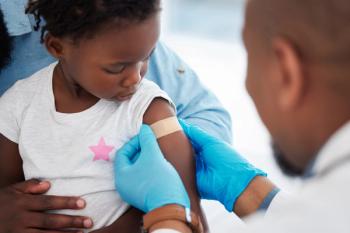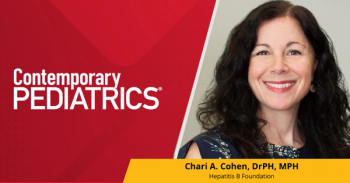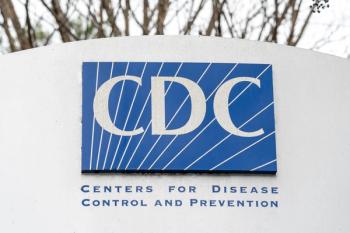
Impact of timely follow-up after psychiatric hospitalization
Psychiatric hospitalization can be a necessary step to keep children safe, along with follow-up care after discharge. A study looks at whether timely follow-up can help lower the risk of suicide.
For some children, psychiatric hospitalization can be a necessary step to keep them safe. When that hospitalization ends, timely follow-up care is necessary to continue keeping children secure. An
Investigators ran a population-based, retrospective, longitudinal cohort study that used Medicaid data from 33 states and was linked with the National Death Index data. The participant pool included all children and adolescents aged 10 to 18 years who had been admitted to a psychiatric hospital between January 2009 and December 2013.
The cohort included 139,694 children and adolescents who were admitted to a psychiatric hospital, with 31.1% aged 10 to 13 years and 68.9% aged 14 to 18 years. Roughly 56% of the participants went to a mental health follow-up visit in the 7 days following their discharge. This timely follow-up visit was linked to significantly lower odds of suicide during the 8 to 180 days following discharge (adjusted relative risk, 0.44; 95% CI, 0.23-0.83; P = .01). A follow-up visit within 7 days after discharge was more likely for participants who had longer hospitalizations, foster care placement, and prior mental health care in an outpatient setting. A follow-up visit within 7 days of discharge was less likely for patients who had managed care insurance, were older, were non-Hispanic Black, and were medically ill.
The researchers did note that the study had limitations including the fact that the study used patients enrolled in Medicaid, which may not be consistent with insured or uninsured inpatients with psychiatric disorders. They were also not able to measure the availability of follow-up services or the adequacy of the available services.
They concluded that initiating follow-up mental health care within 7 days of discharge from psychiatric hospitalization will decrease the risk of suicide in the 6 months following discharge. Tackling any disparities in care that may be preventing timely access to follow-up care would be a way to promote health equity.
Reference
1. Fontanella C, Warner L, Steelesmith D, Brock G, Bridge J, Campo J. Association of timely outpatient mental health services for youths after psychiatric hospitalization with risk of death by suicide. JAMA Netw Open. 2020;3(8):e2012887. doi:10.1001/jamanetworkopen.2020.12887
Newsletter
Access practical, evidence-based guidance to support better care for our youngest patients. Join our email list for the latest clinical updates.










